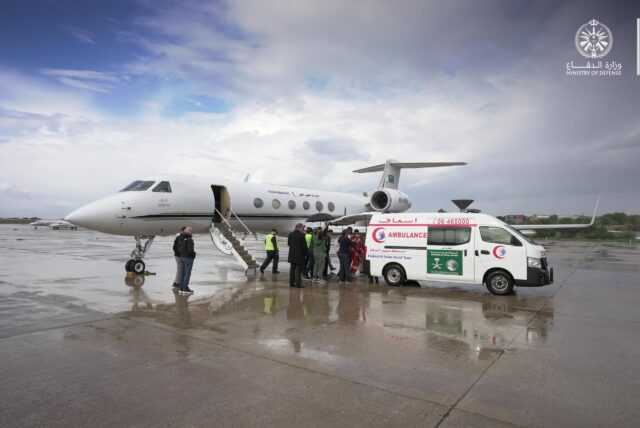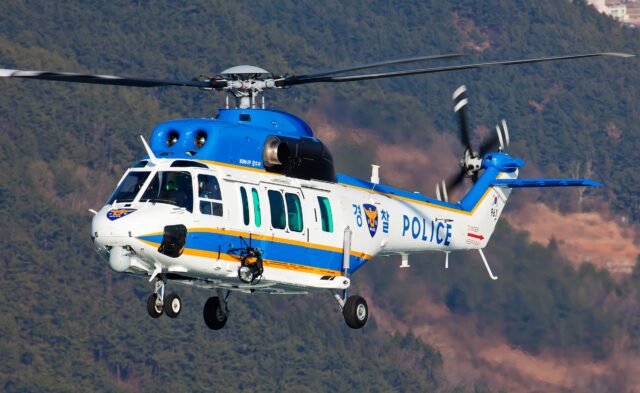Strongest revenue quarter in history for Lufthansa Group
October 29, 2024

The Lufthansa Group has reported an operating profit of €1.3 billion and a revenue of €10.7 billion for Q3 2024, the strongest revenue quarter in the company’s history, with all passenger airlines operating at a profit.
Group revenue increased by 5% year-on-year, attributable to the higher number of flights and the revenue growth at Lufthansa Technik. Over 40 million passengers travelled with Lufthansa Group airlines during the quarter, an increase of 6% year-on-year, with load factor also elevated one percentage point to 87%. Premium economy demand remains elevated year-on-year.
“Particularly in view of the fact that global air traffic again reached its capacity limits this summer, I would like to thank our employees for their efforts and our customers for the patience we sometimes had to ask for,” explained chairman of the executive board and CEO of Deutsche Lufthansa Carsten Spohr.
Lufthansa continues at pace with its ‘Turnaround’ programme for its core brand, implemented in July following a €265 million loss for the first half of 2024. Aiming to “increase efficiency, reduce complexity and improve product quality,” this initiative will see more short-haul traffic move to more cost-efficient flight operations, network optimisation, and greater automation within operations. Combined with fleet modernisation measures, “I am confident … we will position all our passenger airlines to be sustainably efficient and profitable,” commented chief financial officer of Deutsche Lufthansa Till Streichert.
However, despite Eurowings, Austrian Airlines and Brussels Airlines generating record results during the quarter, the Group continues to feel the impact of delayed aircraft deliveries, punctuality issues at its German hubs, and regulatory disadvantages.
Elswehere, Lufthansa Technik’s earnings remained marginally up on last year’s level, while Lufthansa Cargo’s operating profit jumped to €38 million (up on Q3 2023’s €1 million) – confirming the “anticipated normalisation in the air freight market”.
















